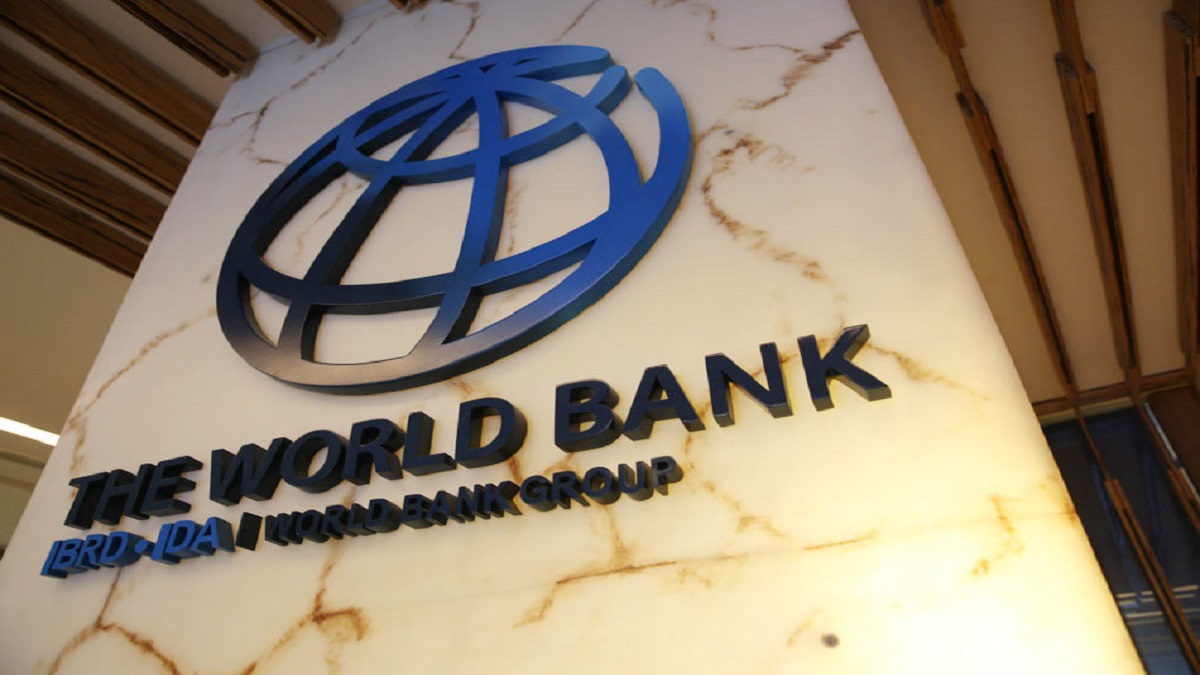In a move aimed at bolstering state capacities for delivering basic services and establishing climate-resilient rural infrastructure in the tribal districts of Khyber Pakhtunkhwa, the World Bank’s Board of Executive Directors approved $200 million in funding on Tuesday. The funds will also support rehabilitation and reconstruction efforts post the devastating floods that hit Pakistan in the summer of 2022, according to a news release from the World Bank’s resident mission in Islamabad.
This monetary infusion is part of the Khyber Pakhtunkhwa Rural Investment and Institutional Support Project, marking the first phase of a multi-pronged approach to expand resilient and reliable basic services for rural households in Khyber Pakhtunkhwa’s tribal districts.
Investments during this phase will prioritize enhancing state responsiveness, enabling citizen-driven service delivery, and revamping infrastructure ravaged by the catastrophic floods of 2023.
The project is designed to address developmental deficits in rural areas, which are some of the poorest regions in the country. “The initiative will directly benefit about 5.5 million people by extending public service delivery systems, investing in basic infrastructure like water supply and sanitation, and promoting agricultural productivity and livelihood opportunities,” said Najy Benhassine, World Bank Country Director for Pakistan.
Besides supporting post-flood reconstruction and rehabilitation, the project also aims to boost resilience against climate-related shocks, particularly in Khyber Pakhtunkhwa’s newly merged districts. Benhassine stated that the project will assist in extending state systems for public service delivery in tribal districts, investing in essential rural infrastructure, and aiding in the emergency reconstruction and rehabilitation of flood protection infrastructure damaged by the 2022 floods.
Read More: Pakistan’s Tax System Needs Overhaul, Says World Bank
Infrastructure developments focusing on water supply and sanitation, rural roads, agriculture, and irrigation will be undertaken with an emphasis on bolstering climate resilience, considering the rising frequency and severity of extreme weather events in Pakistan.
Anna O’Donnell, the project’s task team leader, added that aside from investments in critical infrastructure, the project would offer conditional grants to village councils for local infrastructure priorities that align with community preferences and women’s priorities. “The project also ensures community involvement in participatory planning, budgeting, monitoring, and improving social accountability systems, while focusing on institutional strengthening and capacity building of village councils,” she stated.



























